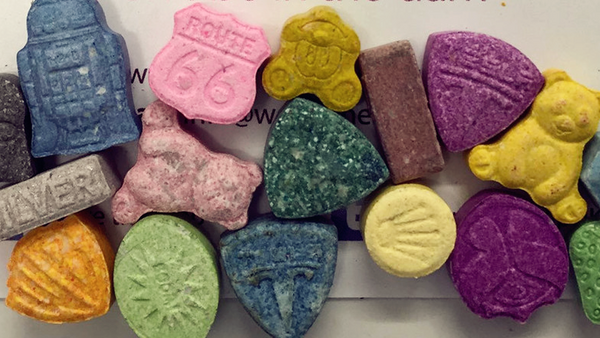The Loop
La vérification des drogues dans des festivals montre une voie vers la réduction des risques
La vérificación des drogues offre de l'information crédible et du soutien dans un context d'incertitude dangereuse. Pour en savoir plus, en Anglais, veuillez lire les informations ci-dessous.
By The Economist
AS THOUSANDS of young people danced in the sun at Britain’s Mutiny Festival on Saturday, two partygoers lay dying. Another dozen or so were sent to hospital. All are thought to have reacted badly to illegal drugs—and they will not be the last such casualties of the year. The death rate in Britain from ecstasy, a popular festival drug, is at its highest-ever level. Meanwhile deaths from opioids are on the rise across the rich world, particularly in America, where overdoses now kill more people than either cars or guns.
Many of these tragedies are avoidable—as another British festival last weekend showed. At a bash in Bristol, festivalgoers queued to have their illegal drugs tested by volunteer chemists, with the consent of the police. The checks revealed ecstasy pills that were four times stronger than average, pentylone masquerading as MDMA powder, unexpected cocktails of cocaine and ketamine, and other potentially deadly surprises. Such tests, growing in popularity around the world, offer a way to introduce basic safety checks to the chaos of the unregulated illegal-drugs market. Governments must encourage them if they are to turn the rising tide of needless deaths.
The prohibition of drugs means that people selling potentially lethal substances face fewer health-and-safety checks than people selling hot dogs. What is more, the secrecy under which the market necessarily operates inhibits the flow of information among consumers. Drug users have little chance of getting information on the quality of the mind-altering substances they are taking. Nowhere is that truer than at summer festivals, where customers buy from unfamiliar dealers who have little incentive to retain their loyalty.
